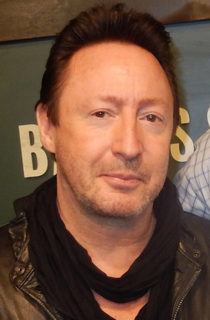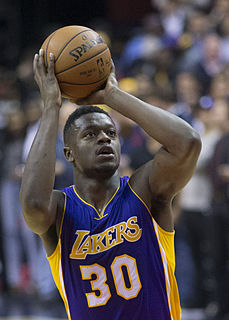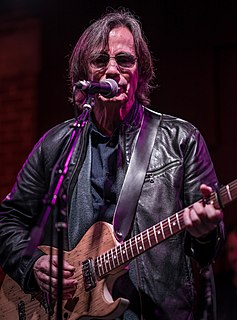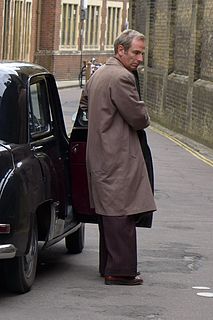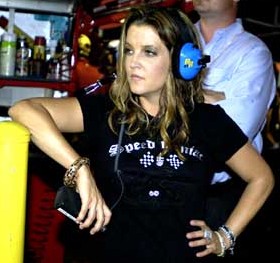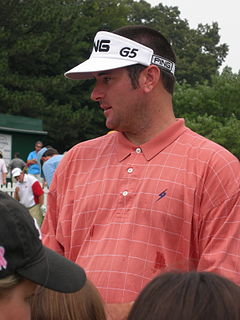A Quote by Denis Leary
One of the things I always believed in was my dad came to America and he was a very talented musician, but he couldn't make a living that way so he had to support his family as an auto mechanic which he also loved doing. He was also such a great dad because when I first told him I thought I wanted to go into show business, his response was okay, that's interesting.
Quote Topics
Related Quotes
My dad was always such a frustrated artist. He always worked very hard to support his family, doing a bunch of ridiculous jobs. He wanted to be a painter, but then he also wrote science-fiction novels in his spare time. He was always so frustrated having to work to support the family that I was like, I'm never going to do that. I don't want to just be working a menial job to support my family and dreaming of being an artist. We learn from our fathers in that way.
I know that Dad was an idol to millions who grew up loving his music and his ideals. But to me he wasn't a musician or a peace icon, he was the father I loved and who let me down in so many ways. After the age of five, when my parents separated, I saw him only a handful of times, and when I did he was often remote and intimidating. I grew up longing for more contact with him but felt rejected and unimportant in his life.
... ... While Dad was fast becoming one of the wealthiest men in his field, Mum and I had very little and she was going out to work to support us.
I read once, which I loved so much, that this great physicist who won a Nobel Prize said that every day when he got home, his dad asked him not what he learned in school but his dad said, 'Did you ask any great questions today?' And I always thought, what a beautiful way to educate kids that we're excited by their questions, not by our answers and whether they can repeat our answers.
The ticket out of the Depression was an education, a college degree. It really didn't matter if you knew anything. You just had to have the degree. My dad, up until the last two years of his life, thought he had failed miserably with me 'cause I didn't go to college. I mean, you've seen postgame interviews with the star of the game and the players always talk about how proud his parents are because he's the first guy in his family ever to attend college. I'm the first in my family not to! I'm the first of my family not to have a degree. It's thrown everybody for a loop.
I have loved music so much from when I was little, and I don't know whether it was because I saw my dad doing it and then I got the idea; I don't know what came first... But I always had a hairbrush in the mirror singing. I was always with him backstage; I would go out and be pulled in for the last song.
I have loved music so much from when I was little and I don't know whether it was because I saw my dad doing it and then I got the idea, I don't know what came first... But I always had a hairbrush in the mirror singing. I was always with him backstage; I would go out and be pulled in for the last song.




